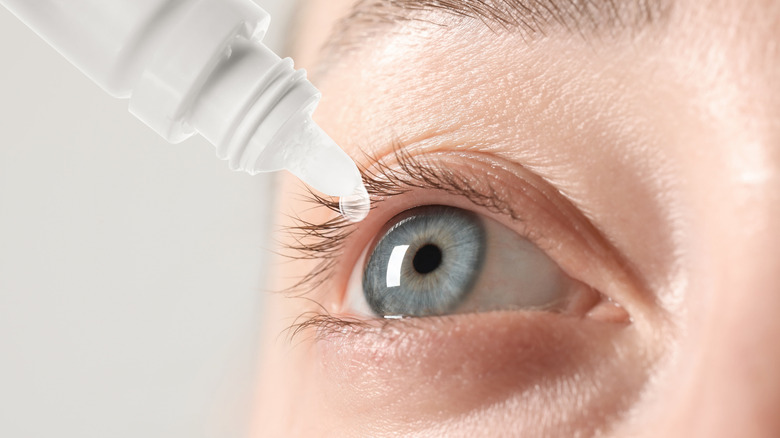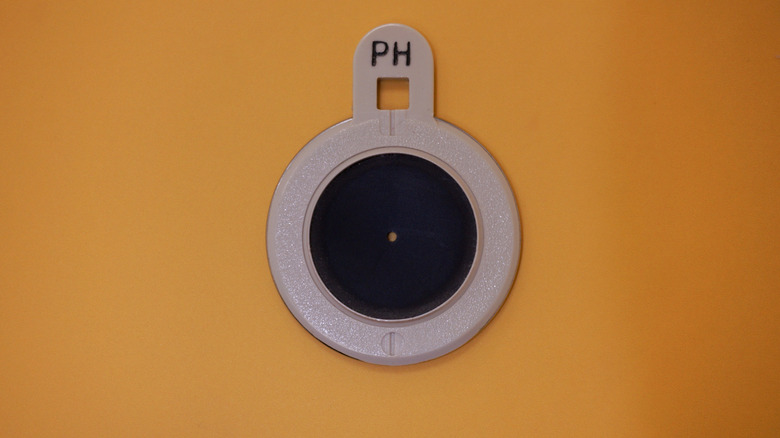This FDA-Approved Eye Drop Can Help You Regain Near Vision - Here's How
In the United States, around 128 million people live with presbyopia, an age-related condition that causes farsightedness, rendering objects closer to you fuzzy and indistinct. It's fairly common, and is most frequently managed through the use of reading glasses or contact lenses, though neither option is particularly convenient. Various, treatments like stem cell therapy, bionic eyes, and smart glasses have been tested for fixing eye conditions, but these can be both invasive and expensive. Earlier this year, the U.S. Food and Drug Administration approved a new avenue: Vizz, a prescription eyedrop from LENZ Therapeutics that narrows your pupils to help you focus on close objects without hindering your overall vision.
Vizz has been approved by the FDA and made available in the United States this past month, with wider adoption expected by the start of 2026. It's been marketed as a presbyopia solution for those who don't like using glasses or contacts, and has undergone extensive clinical testing to verify its efficacy and safety. It's not a cure for the condition, as it does require daily reapplication, and it may not be ideal for some individuals with certain conditions or allergies, but it could be an attractive alternative to glasses for those who can use it.
Vizz narrows your pupil to create a pinhole effect
If you've ever had difficulty making out an object close to you or far from you, you may have instinctively tried to narrow your eyes to focus on it. This is a phenomenon commonly known as the pinhole effect, wherein limiting the amount of light entering your eye makes it easier to focus on objects. Vizz eyedrops work on this basic principle, albeit from a direct application to your eyes rather than by squinting. When applied to an eye, Vizz causes the pupil to narrow slightly, creating that same pinhole effect.
Clinical trials were conducted in 2024 using a typical vision chart, the same you'd find at your optometrist's or ophthalmologist's office for testing your ability to read small, distant text. Thirty minutes after applying Vizz drops, around 70% of participants were able to read at least three more lines on the chart than they were previously. An hour after application, around 95% of participants were able to read at least two more lines on the chart. What's more, these improvements were made without any loss in far vision.
Amongst test participants, no serious side effects were reported for the trials' duration, though some minor side effects were reported, such as a momentary darkening of vision and red, irritated eyes, but these all passed on their own. It's not a perfect, all-encompassing solution for the condition, as it does take time to properly activate and some people may have allergies to the drops' ingredients, but if you're sick of maintaining your glasses or contact lenses, it is certainly an option with far less hassle.

